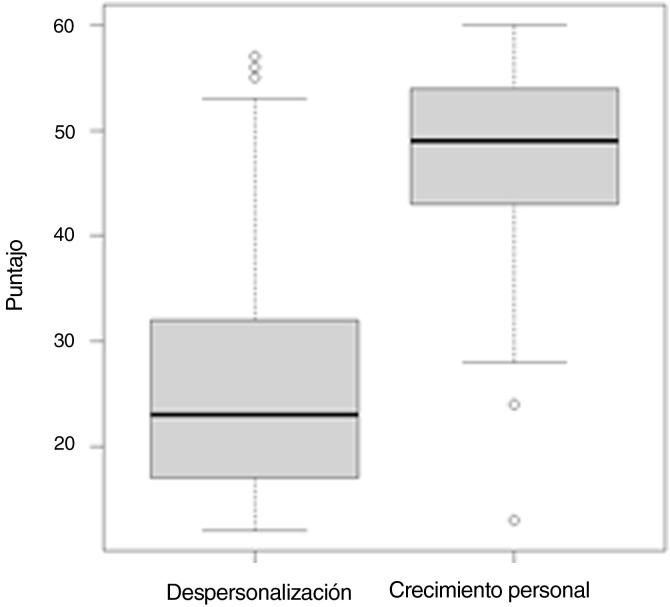Duelo y atención domiciliaria para pacientes al final de la vida durante la pandemia por COVID-19 en Colombia. Análisis desde la perspectiva de familiares
Q3 Medicine
引用次数: 0
Abstract
Introduction
End-of-life care is one of the most crucial experiences for both the patient and their loved ones. However, as a result of the changes generated by the COVID-19 pandemic, the dynamics of the end-of-life process has undergone changes at both the family, social and health levels. In turn, this has altered the perception and development of the grief of relatives of patients who died during the pandemic regardless of the cause of death. Then, the aim of this study is to analyze the perceptions and some aspects of bereavement of died patients’ relatives during the pandemic of COVID-19.
Methods
Through the admission evaluation and follow-up of the relatives with an adapted version of the international Care Of the Dying Evaluation questionnaire.
Results
Two hundred and thirty-nine relatives were surveyed, of which 112 completed the follow-up questionnaire. Most of the patients died at home and their family members were highly involved in their care. Medical attention was considered adequate and the symptom with the highest perception was pain. A percentage of 87 of those surveyed participated in funeral rites, and 42% rated them as very sober. Regarding grief, the scale of personal growth predominates, however, in the negative aspects, the feeling of pressure in the chest and frequent crying predominates.
Conclusions
The end of life of home-care patients during the pandemic was perceived as adequate, allowing family support and symptom control. The grieving process shows no complications. The training of health professionals in these fundamental aspects of patient care is important.


[哥伦比亚在 COVID-19 大流行期间为临终病人提供的悲伤和姑息性家庭护理服务。从亲属的角度进行分析]。
简介临终关怀对病人及其亲人来说都是最重要的经历之一。然而,由于 COVID 19 大流行病带来的变化,生命终结过程的动态在家庭、社会和健康层面都发生了变化。反过来,这也改变了在大流行期间死亡的病人(无论死因如何)的亲属对悲伤的感知和发展。因此,本研究旨在分析在 Covid 19 大流行期间死亡患者亲属对丧亲之痛的感知和某些方面:结果:239 名亲属接受了调查,其中 112 人完成了随访问卷。大多数病人都是在家中去世的,他们的家人高度参与了对他们的护理。医疗护理被认为是充分的,而患者感知度最高的症状是疼痛。87%的受访者参加了葬礼仪式,42%的受访者认为葬礼仪式非常清醒。在悲伤方面,个人成长占主导地位,但在消极方面,胸口压迫感和经常哭泣占主导地位:在大流行期间,家庭护理病人的临终关怀被认为是适当的,允许家人给予支持并控制症状。悲伤过程没有出现并发症。对医护人员进行这些病人护理基本方面的培训非常重要。
本文章由计算机程序翻译,如有差异,请以英文原文为准。
求助全文
约1分钟内获得全文
求助全文
来源期刊

Revista Colombiana de Psiquiatria
Medicine-Psychiatry and Mental Health
CiteScore
2.50
自引率
0.00%
发文量
72
期刊介绍:
Revista Colombiana de Psiquiatría (RCP) is a quarterly official publication of Colombian Psychiatry Association (March, June, September and December) and its purpose is to spread different the knowledge models that currently constitute the theoretical and practical body of our specialty. Psychiatrists, psychiatric residents, non psychiatric physicians, psychologists, philosophers or other health professionals or persons interested in this area can take part in the magazine. This journal publishes original works, revision or updating articles, case reports of all psychiatry and mental health areas, epistemology, mind philosophy, bioethics and also articles about methodology of investigation and critical reading.
 求助内容:
求助内容: 应助结果提醒方式:
应助结果提醒方式:


